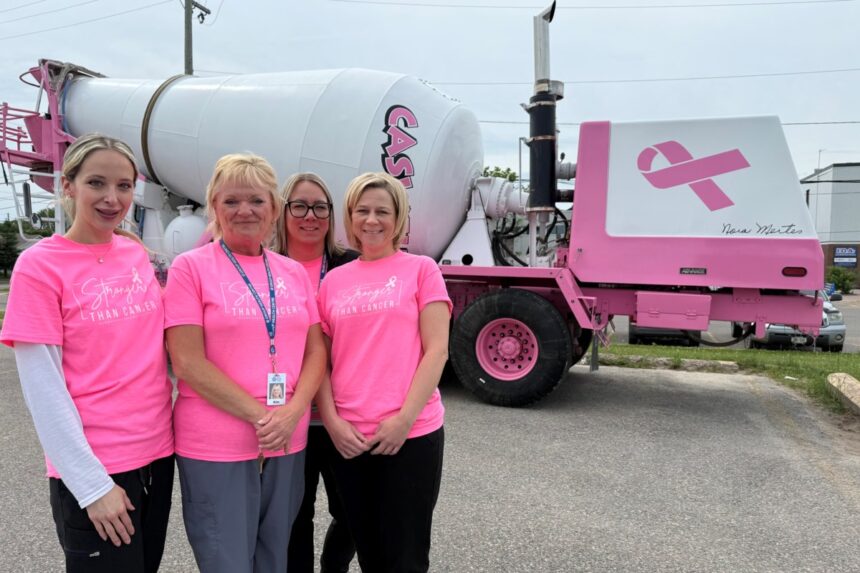The corridors of Sault Ste. Marie’s Group Health Centre bustled with unusual activity today as dozens of women arrived for potentially life-saving screenings during the city’s annual “Mammothon” event. This community-focused initiative aims to break down barriers that often prevent women from accessing critical breast cancer detection services.
“Early detection remains our most powerful tool against breast cancer,” explained Dr. Jennifer Walters, Chief Radiologist at Group Health Centre. “Yet we continue to see women delaying their mammograms due to scheduling conflicts or lengthy wait times. Today’s event directly addresses these obstacles.”
The one-day screening blitz offered same-day mammograms without appointments to eligible women between ages 50 and 74 who hadn’t received a mammogram in the past two years. This demographic represents the group most at risk for developing breast cancer while also being the most responsive to early screening interventions.
Group Health Centre’s medical team worked tirelessly throughout the day, extending their normal operating hours to accommodate as many walk-in patients as possible. The atmosphere remained calm and efficient despite the increased volume, with staff guiding participants through the process with reassuring professionalism.
Local resident Catherine Meyers, 58, praised the initiative after completing her first mammogram in three years. “I’ve been meaning to schedule this for months, but life kept getting in the way. When I heard I could just walk in today, it removed every excuse I had left. The entire process took less than 30 minutes.”
According to Canada News, breast cancer remains the most common cancer among Canadian women, with approximately 28,600 new cases diagnosed annually. Despite widespread awareness campaigns, screening rates across Northern Ontario continue to lag behind provincial averages.
“Events like the Mammothon are crucial for communities like Sault Ste. Marie,” noted health policy analyst Dr. Rachel Chen. “Northern and rural regions often face unique healthcare challenges, including limited specialist access and greater travel distances to medical facilities. By bringing preventative care directly to these communities, we’re helping close a dangerous healthcare gap.”
The Group Health Centre has reported encouraging results from previous Mammothon events, with several cases of early-stage breast cancer detected among participants who had postponed regular screening. These early diagnoses significantly improve treatment outcomes and survival rates.
Health authorities emphasize that while the Mammothon provides an excellent opportunity for women to catch up on overdue screenings, establishing a regular mammogram schedule remains the gold standard for breast cancer prevention. Most Canadian health organizations recommend biennial screenings for women in the target age group.
As the day’s events concluded, organizers expressed satisfaction with the turnout while already beginning preparations for next year’s event. “Every woman who walked through our doors today took a powerful step toward protecting their health,” said event coordinator Samantha Wilson. “But our work continues until every eligible woman in the region receives regular screenings.”
What will it take for healthcare systems across Canada to eliminate barriers to preventative care permanently, rather than relying on special events to bridge critical gaps in our screening programs?










